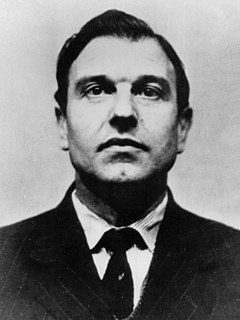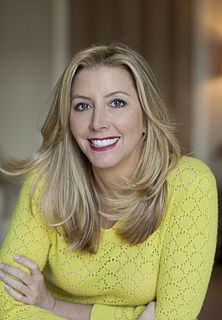A Quote by Marissa Mayer
The turning point for me was realizing that I would learn more at Google, trying to build a company, regardless of whether we failed or succeeded, than I would at any of the other companies I had offers from.
Related Quotes
My first company failed completely. And it failed at about ten months old. I had about 12 months of savings, so when it failed I was thinking: 'Do I go back to work?' And at that point I believed so deeply in what I was doing that I couldn't imagine anything else other than trying to make this business work.
Like every other destruction of optimism, whether in a whole civilisation or in a single individual, these must have been unspeakable catastrophes for those who had dared to expect progress. But we should feel more than sympathy for those people. We should take it personally. For if any of those earlier experiments in optimism had succeeded, our species would be exploring the stars by now, and you and I would be immortal.
I'd love if Google ran my cable or phone company. Instead of making their businesses out of telling us what we can't do, GT&T would recognize the benefit of helping us do what we want to do: use the internet more and create more of our own stuff. Google might even figure out how to make connectivity ad-supported and free. Sadly, though, I think Google knows what it is and won't expand into other industries, even if it would be good at running a cable or energy or phone company.
It has not been possible to build that society. It set very high standards, because not only would life in the Soviet Union or in any other country which adopted that system, have to be just as good as in the Capitalist world, it would have to be better. So that other peoples, other nations would want to join it, and obviously we have failed in that.
We see Google experimenting in so many places outside of its core search and advertising business, whether that's bringing broadband Internet to the world or funding an entirely separate company to pursue solutions to disease and mortality. Amazon's one of the few other companies that thinks as big as Google does.
If Google decided at any point to publish my search history, or your search history, or anyone's search history, there's a litany of things they could idea police you about, and if it was published, you would be publicly shamed. Everyone would be publicly shamed. But we trust Google, and we trust the people that run that company.
Alternative services would mean that there would be services available to compete with Google, Facebook, Amazon, Dropbox, Skype, etc., and they would be run by companies not based in the U.S.A. The rest of the world has simply failed in being able to compete with them, and we really should be doing better here.


































